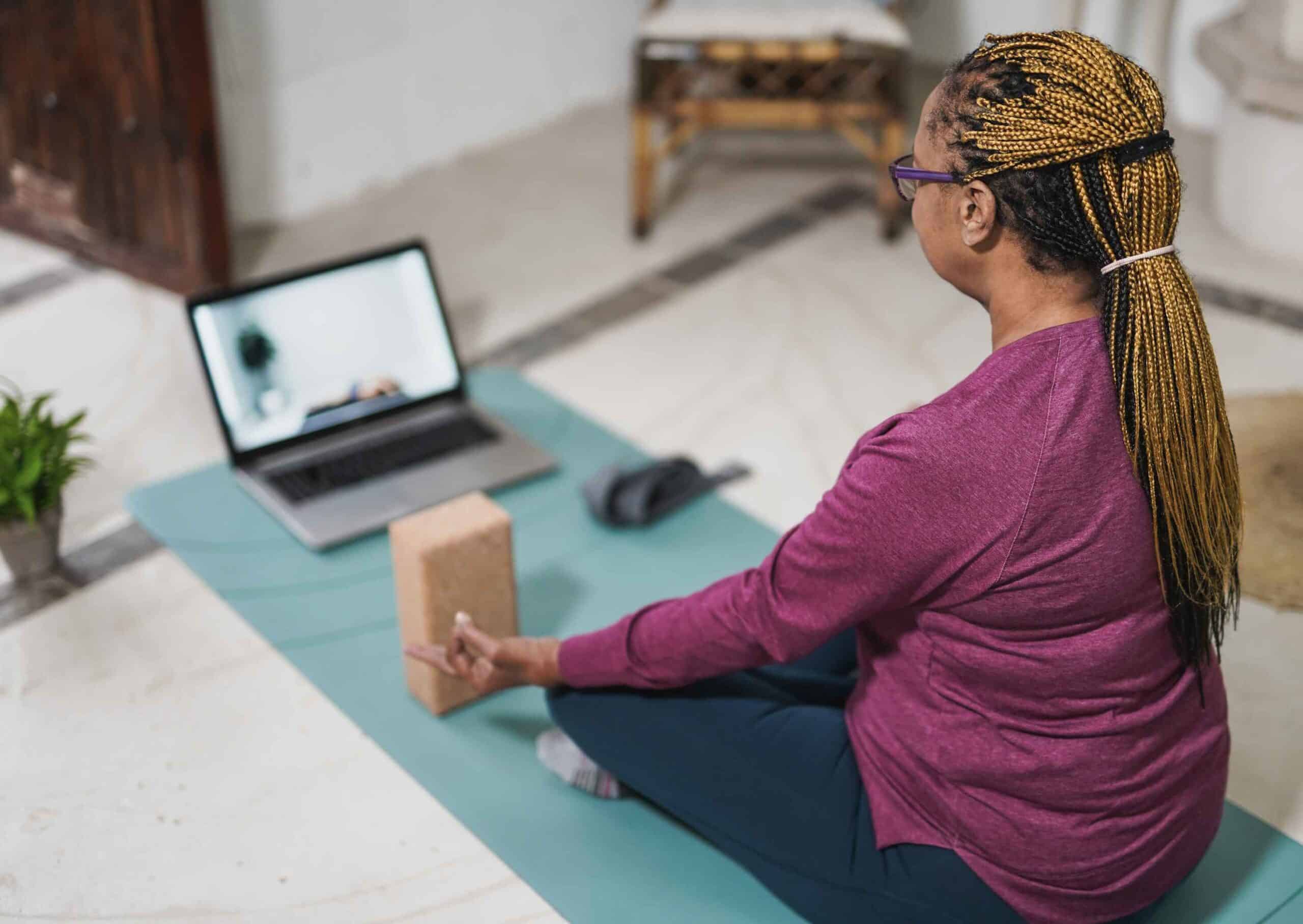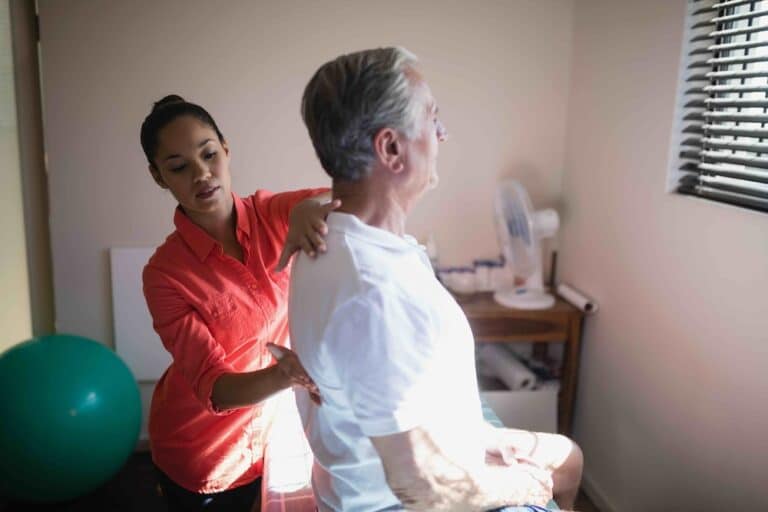
Jim Rohn said it best: “Take care of your body. It’s the only place you have to live in.”
While exercise is crucial for taking care of your physical health, it can also play a very important role in mental well-being, too. In fact, exercise has been scientifically proven to provide relief for symptoms of mental illnesses such as depression and anxiety.
Yet, the link between exercise and mental health is often overlooked. Innovative employers, health systems, and insurers are starting to supplement traditional therapies with exercise.
And the shift to include exercise is making a difference.
Recent studies have also shown that the implementation of exercise interventions with the veteran community, in particular, have helped in diminishing severe symptoms of Post-Traumatic Stress Disorder (PTSD), amongst other conditions.
How mental health benefits from physical exercise
Even though traditional approaches to mental health concerns typically fall under medication management and therapy, many mental health professionals have been prescribing exercise in more recent years as part of the treatment for specific mental illnesses.
Why? Exercise has a surprising number of benefits for mental health conditions.
It decreases sensitivity to the body’s reactions to anxiety. It can also help ease co-morbidities, like migraines and irritable bowel syndrome (IBS).
It also aids in the production of new neurons. Research suggests that this production may aid in relieving certain psychiatric conditions like depression and anxiety. In fact, exercise is associated with less reactivity in the sympathetic nervous system and hypothalamic-pituitary-adrenal (HPA) axis, associated with the flight-or-fight reaction. This can also have a positive impact on mental illness as you train the body to not be in panic-mode as often.
Exercise also helps in improving fine motor skills and executive functions for individuals who may be suffering from Attention Deficit Hyperactivity Disorder (ADHD). Cardio exercise, specifically, seemed to be the most beneficial in these studies.
With mental health issues related to depression, nearly any type of exercise proved beneficial to reduce the severity of symptoms. Science has shown that exercise may be as effective as nearly any other form of treatment, in some cases.
Overall, exercise can positively impact mental wellbeing because it:
- Decreases stress hormones
- Promotes confidence and positive self-esteem
- Distracts from negative thoughts and emotions
- Better physical health generally equates to better mental health
- A good source of social support
- Provides a way to work out negative feelings
Exercise for post-traumatic stress disorder and it’s benefits for the veteran population
PTSD, which affects nearly a fifth of the veteran population in the United States, is shown to be affected substantially with the addition of exercise to daily activities.
For those who have previously struggled with other types of treatments, and those diagnosed with what is known as subthreshold PTSD, exercise is a valuable option. And, as mentioned above, it helps a great deal with other comorbid conditions, like depression, anxiety, sleep issues, and cardiovascular problems.
Are you ready to start a physical exercise routine?
If you are considering starting a physical exercise program for either mental health or physical benefits(or for a combination of both) there’s a lot to consider.
Do you want to go at it solo or in a class? Do you need personalized instruction with a trainer or can you learn from watching videos? When will you have time to set aside to dedicate to exercise?
Two big factors in the success of an exercise routine are to anticipate hurdles along the way and enjoy what you’re doing.
Motivation is also extremely important. Some key tips on staying motivated include:
- Finding ways to fit in exercise with your daily routine
- Focusing on activities you enjoy doing, to make it fun
- Making it a social event if you enjoy working out around others
- Keeping a positive mindset so even if you take a break in your routine, you can jump right back in (without guilt)
- Keeping track of the progress you make helps reward yourself for reaching goals
If you are looking for more tips on finding your motivation or sticking to your new habit, Burnalong has a whole ebook full of tips and ideas from their instructors too.
While these tips are useful for everyone, there are also some helpful lifestyle resources that are specifically focused on supporting veterans and disabled veterans with mental health concerns.Some of the resources we’ve found useful include:
Exercise is a positive solution for everyone
There are a plethora of mental health benefits from physical exercise, for both civilians and veterans alike. In addition to reducing the severity of conditions like anxiety, depression, panic disorder, and PTSD, it can help improve your mood and energy levels.
If you are looking for support in starting a new routine, trying out something new, or want to make it a group experience, Burnalong is ready to support you and your teams. By taking even small steps today, you are laying a solid foundation for your physical and mental health down the road.
Let’s grow together!
About the author:
Hill & Ponton is a VA Disability Benefits Law Firm based in Orlando, Florida, focused on delivering the best client experience for everyone of our more than 30,000 clients since 1986.






